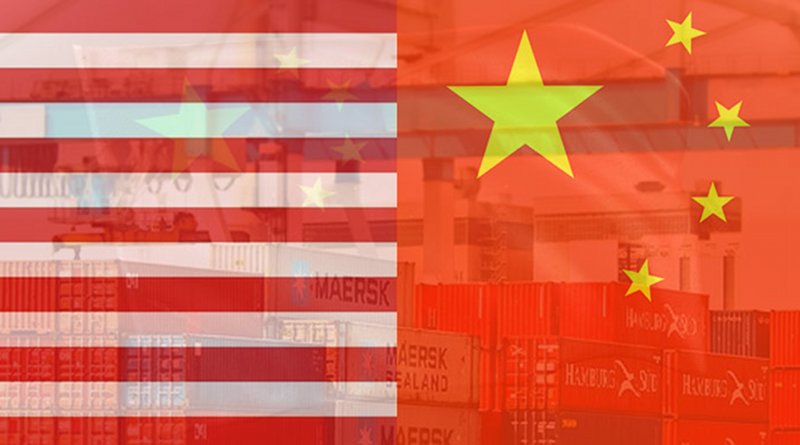The Global Environmental Consequences Of Weakening US-China Trade Relationship
A new study has found that United States would face intensifying nitrogen and phosphorus pollution and increasing irrigation water usage in agricultural production as a result of persistent US-China trade tension, such as China’s retaliatory tariffs on US agriculture. In fact, the impacts do not stay within the two countries but spill over to other countries through international trade, adding additional pressure on those already stressed ecosystems, such as the Brazilian Amazon.
“Trade negotiations have often focused on direct economic and political impacts, but it also has profound impacts on the environment for the two trade partners and the world, which will, in turn, have influence on their economic and social well-being,” said the study’s lead author Dr. Guolin Yao.
The study quantified and mapped several major environmental impacts, including nutrient pollution and irrigation water consumption. “The visualization of such impacts provides a basis for including the consideration of environmental consequences of trade and trade policies,” noted co-author, Xin Zhang, associate professor at the University of Maryland Center for Environmental Science. “These trade tensions have variable, sometime opposite and surprising impacts for different regions or for different environmental concerns.”

